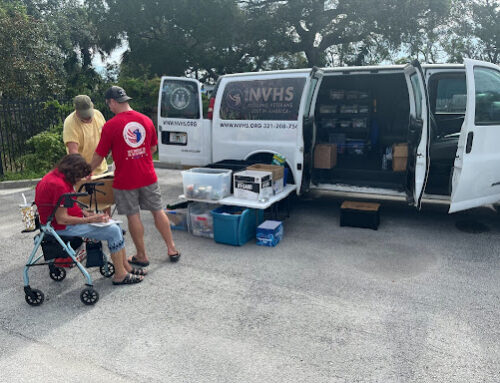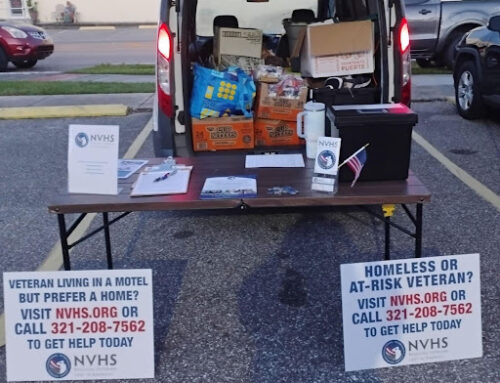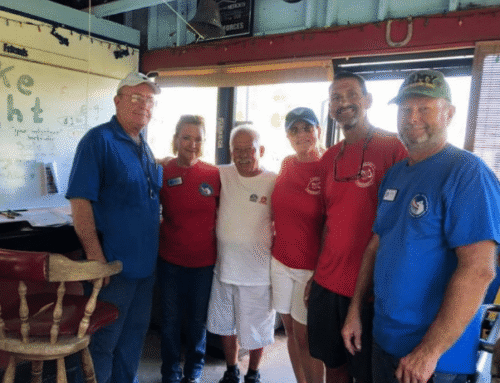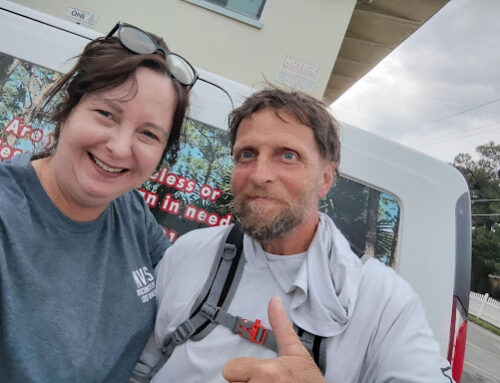The First Gulf War, also commonly referred to as Operation Desert Storm, was a short international conflict that took place in Iraq after the country invaded Kuwait in August of 1990 under the leadership of then-president Saddam Hussein. A large international alliance, including many Arab countries and NATO allies, condemned the invasion and demanded that Iraq cease its aggression against Kuwait. When Hussein failed to withdraw his troops, the United States and its allies launched Operation Desert Storm, a massive airstrike campaign, in January of 1991. By the end of February 1991, President George HW Bush declared a cease-fire after a brief ground offensive.
Who Are Gulf War Veterans?
According to the Department of Veterans Affairs (VA), “anyone who served on active duty from August 2, 1990, to present is considered a Gulf War Veteran.” More than 650,000 service members served in Operations Desert Shield and Desert Storm (the First Gulf War).
Issues Faced by Veterans of the Gulf War
In spite of how quickly the Gulf War was won and the relatively few casualties incurred by US troops, many Gulf War Veterans still live with long-term consequences of their service, mainly chronic health issues. These include:
- Gulf War Syndrome. Also known as Gulf War Illness, Gulf War Syndrome is the name for a mysterious constellation of symptoms that many veterans of the Gulf War began to exhibit in the years after returning home. Symptoms include fatigue, muscle and joint pain, dizziness, memory lapses, headaches, rashes, diarrhea, and more. Only in recent years have researchers been able to confidently pinpoint exposure to the chemical weapon sarin as the likely cause. Around 250,000 veterans are believed to have been affected by Gulf War Syndrome.
- Post-Traumatic Stress Disorder (PTSD). According to the VA, around 12% of Gulf War veterans suffer from PTSD.
- Toxic Exposure. In addition to sarin, exposure to other environmental toxins is thought to have caused negative health outcomes for many Gulf War Veterans. Other potential toxins include pesticides, pyridostigmine bromide (PB) (which, ironically, was given in pill form to protect troops against nerve gas), oil well fires, and more .
National Veterans Homeless Support seeks to eliminate homelessness among veterans in Central Florida and nationwide. NVHS takes a proactive, intervention-based approach to homelessness by meeting homeless veterans where they are and helping them from there. Through programs like Search and Rescue Outreach, NVHS helps homeless veterans get the supplies they need to survive, connects them with support and resources, and helps them transition off the streets and into temporary or permanent housing. If you’re able, consider supporting our mission by donating or signing on as a volunteer.
Frequently Asked Questions
What is Desert Storm Syndrome?
Gulf War Syndrome, also known as Desert Storm Syndrome, is a cluster of medically unexplained chronic symptoms that can include fatigue, headaches, joint pain, indigestion, insomnia, dizziness respiratory disorders, and memory problems. These symptoms are often reported by veterans of the Gulf War. The VA prefers not to use the term “Gulf War Syndrome” because symptoms reported by Gulf War Veterans vary widely. Generally, the VA refers to these symptoms as undiagnosed illness, Gulf War Illness, chronic multisymptom illness, or medically unexplained chronic multisymptom illness.
Does the VA recognize Gulf War Syndrome?
For Gulf War Veterans, certain diseases, including medically unexplained illnesses like Gulf War Syndrome, certain infectious diseases, and ALS diagnosed in Veterans who had 90 days or more continuous active military service, are presumed by the VA to be related to your military service in parts of Southeast Asia. Therefore, Gulf War Syndrome or Desert Storm Syndrome may entitle you to VA disability compensation benefits.
Is PTSD a Gulf War presumptive?
PTSD is not explicitly included in the list of presumptive conditions for Gulf War Veterans. However, Gulf War Veterans who have received a valid diagnosis of PTSD may be granted benefits if the illness is associated with a stressful event experienced during their military service.





